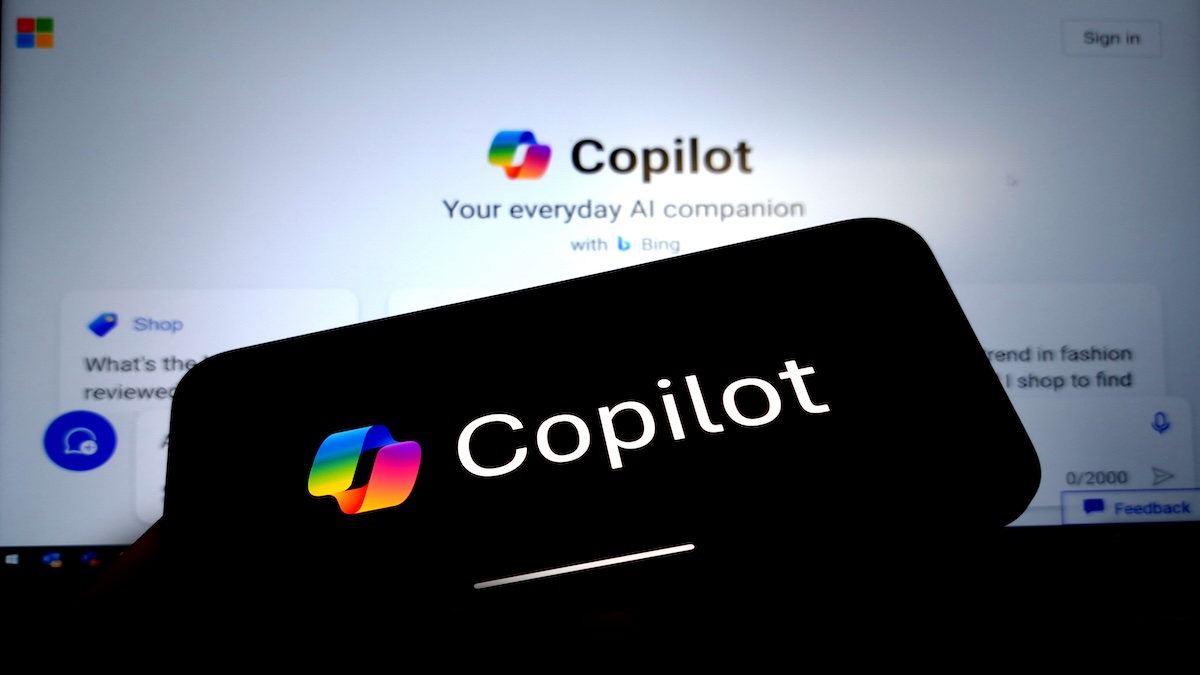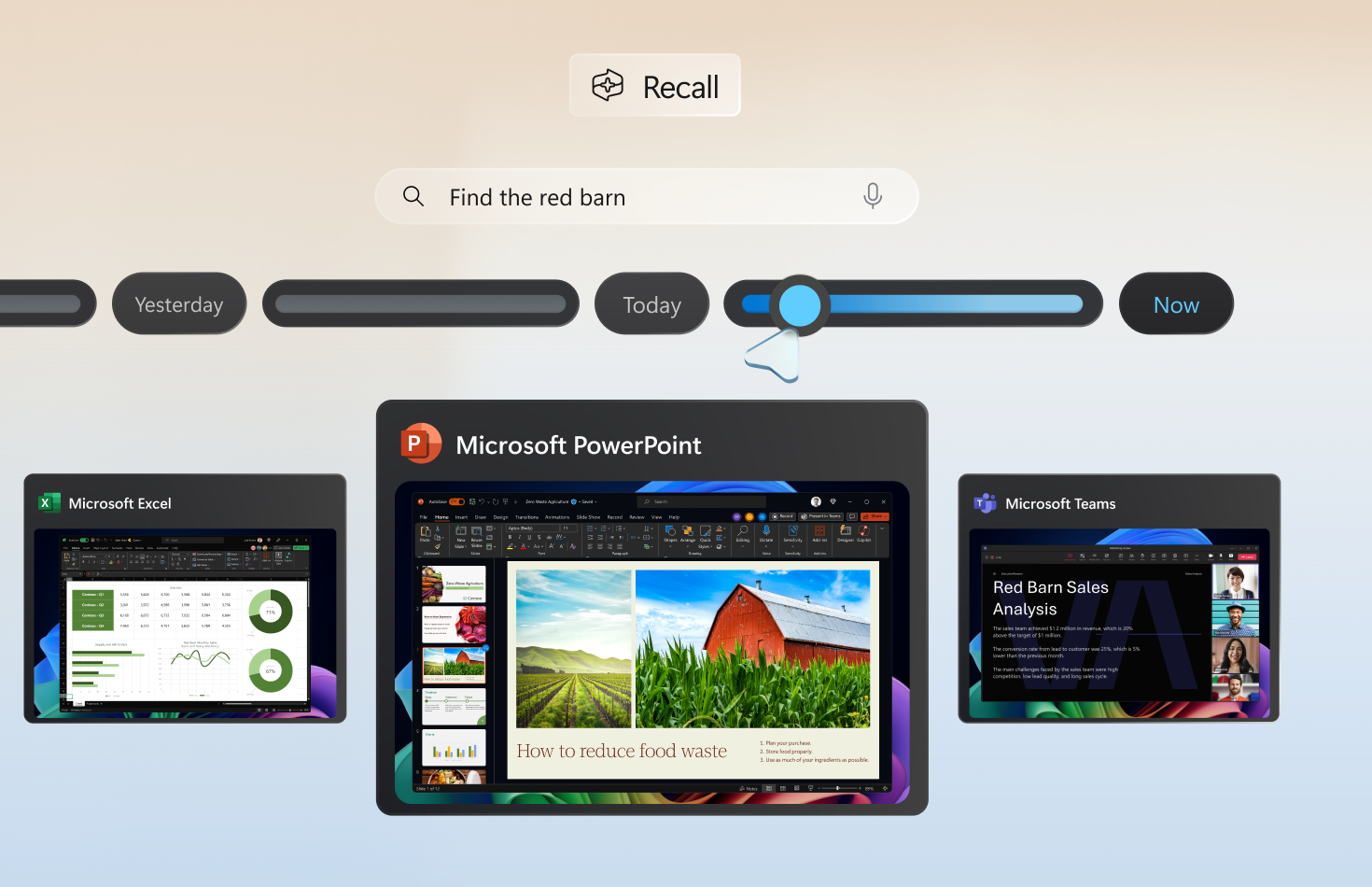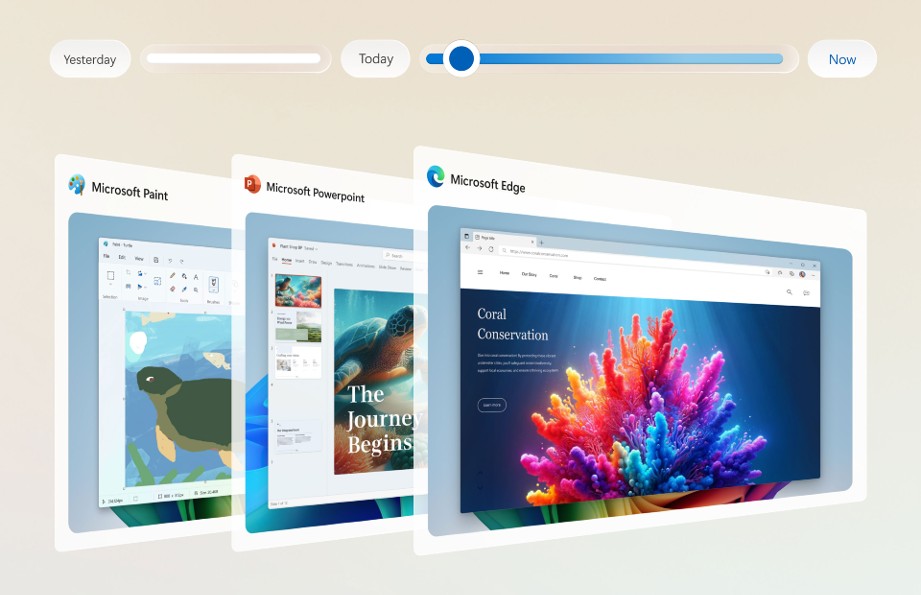Microsoft is preparing to relaunch its AI-powered screenshot tool, Recall, after making substantial changes in response to widespread privacy concerns. The tool, first introduced in May 2024, was intended to take periodic screenshots of user activity to assist with workflow and productivity. However, it quickly drew criticism, with many calling it a potential “privacy nightmare” due to its automatic tracking of users’ activity without explicit consent.

At the heart of the controversy was the fact that Recall, as initially designed, would capture and store screenshots by default, leading to fears that sensitive information could be recorded and potentially misused. Privacy advocates and tech experts alike raised alarms about the implications for data protection, particularly in professional settings where confidential information is often handled. These concerns prompted Microsoft to delay the launch and reconsider the tool’s features.
Read Also: Petrol Landing Cost Falls to N981/litre
In response to the outcry, Microsoft has since re-engineered Recall, addressing some of its most controversial aspects. The company announced that the tool will now be available as an opt-in feature, meaning users will have the choice to enable it rather than being automatically enrolled. This shift marks a significant departure from the original design and represents an effort to give users greater control over their data.

The relaunch of Recall is scheduled for November 2024 and will coincide with the rollout of Microsoft’s new CoPilot+ computers, which are designed to integrate advanced AI capabilities to enhance productivity. Despite the modifications, the tool remains AI-powered, using machine learning to assist users in tracking and recalling their digital activity. However, Microsoft has made it clear that the new version will be more transparent in its operations, with clear user settings to control how and when the tool captures information.
The controversy surrounding Recall also attracted the attention of regulators, most notably the UK’s Information Commissioner’s Office (ICO), the country’s leading data protection watchdog. Following the initial backlash, the ICO began making inquiries into Microsoft’s plans for Recall, seeking clarity on how the tool would comply with data privacy laws such as the General Data Protection Regulation (GDPR). The ICO has now acknowledged that Microsoft has informed them of a “series of changes” to the tool aimed at mitigating privacy risks.
In a statement, the ICO confirmed it would continue to assess the situation, especially as Microsoft moves toward the November relaunch. “We will be closely monitoring how Microsoft handles this tool to ensure it complies with privacy laws and user protections,” the watchdog said, signaling that the company will remain under scrutiny.

Microsoft, for its part, has emphasized that it “listened to feedback” and is committed to ensuring Recall is not only useful but also respects user privacy. The tech giant has a history of walking a fine line between innovation and privacy concerns, and the Recall saga is a reflection of the growing tension between technological advancements and data protection in the digital age.
The revamped tool is expected to appeal to professionals and organizations looking to improve productivity through advanced AI features. However, with privacy now at the forefront, users will have the power to decide whether or not to engage with Recall’s activity-tracking capabilities. Microsoft hopes that the changes will not only restore user trust but also position Recall as a valuable tool for those who choose to use it.
As the relaunch date approaches, the response from both the tech community and privacy advocates will be closely watched. Microsoft’s handling of Recall may serve as a case study in how large tech firms can navigate the intersection of AI innovation and the growing demands for robust data privacy protections.
Online photographic memory
When it initially announced the tool at its developer conference in May, Microsoft said it used AI “to make it possible to access virtually anything you have ever seen on your PC”, and likened it to having photographic memory.

It said Recall could search through a users’ past activity, including their files, photos, emails and browsing history.
It was designed to help people find things they had looked at or worked on previously by searching through desktop screenshots taken every few seconds.
But critics quickly raised concerns, given the quantity of sensitive data the system would harvest, with one expert labelling it a potential “privacy nightmare.”
Recall was never made publicly available.
A version of the tool was set to be rolled out with CoPilot+ computers – which Microsoft billed as the fastest, most intelligent Windows PCs ever built – when they launched in June, after Microsoft told users it had made changes to make it more secure.
But its launch was delayed further and has now been pushed back to the autumn. The company has also announced extra security measures for it.
“Recall is an opt-in experience. Snapshots and any associated information are always encrypted,” said Pavan Davuluri, Microsoft’s corporate vice president of Windows and devices.
He added that “Windows offers tools to help you control your privacy and customise what gets saved for you to find later”.
However a technical blog about it states that “diagnostic data” from the tool may be shared with the firm depending on individual privacy settings.
The firm added that screenshots can only be accessed with a biometric login, and sensitive information such as credit card details will not be snapped by default.
Recall is only available on the CoPilot+ range of bespoke laptops featuring powerful inbuilt AI chips.
Professor Alan Woodward, a cybersecurity expert at Surrey University, said the new measures were a significant improvement.
“Before any functionality like Recall is deployed the security and privacy aspects will need to be comprehensively tested,” he said.
However he added he would not be rushing to use it.
“Personally I would not opt-in until this has been tested in the wild for some time.”





